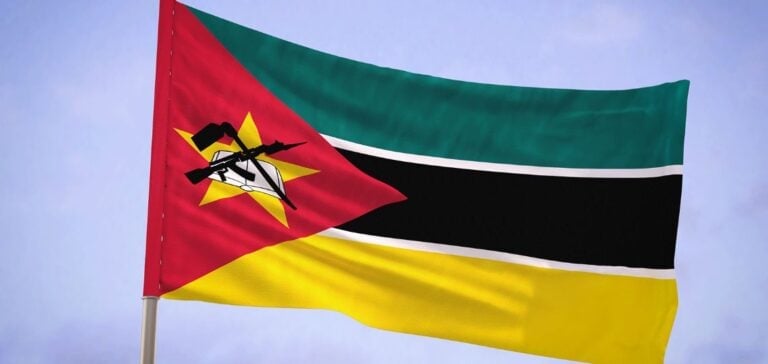Mozambique holds significant energy resources that could support its industrial development and improve living standards, according to the first policy review of the country by the International Energy Agency (IEA). Published during the 5th Energy Seminar of the Community of Portuguese Language Countries (CPLP), the report highlights progress in electrification while calling for improved planning and governance.
Progress in electrification but persistent inequalities
Between 2012 and 2022, Mozambique nearly doubled its electrification rate, mainly through national grid extension and off-grid solutions. However, more than half of the population remained without electricity access in 2022, and only 7% had access to modern cooking solutions. The report indicates that mini-grids and standalone solar home systems are the most cost-effective options for rural electrification, though these segments still rely heavily on public funding.
Industrial ambitions driven by gas and renewables
Mozambique’s Energy Transition Strategy, adopted in 2023, targets universal, affordable, and reliable access to modern energy by 2030. It aims to leverage domestic resources including hydropower, solar, wind, biomass, and some of the world’s largest natural gas reserves. The state also seeks to enhance its role in the critical minerals value chain through expanded extraction and local processing.
Structural barriers must be addressed to attract capital
Despite strong energy potential, the country faces challenges related to high capital costs and weak infrastructure, slowing project implementation. While Mozambique is already exporting liquefied natural gas (LNG), several large-scale projects have been delayed, limiting the expected economic impact. To manage future revenue from its gas operations, the government has established a national Sovereign Wealth Fund to channel and secure energy income.
Energy governance needs reinforcement
The IEA stresses the importance of reliable data, stronger coordination between public and private institutions, and coherent energy policy to achieve a successful energy transition. It also recommends the development of a sector-specific adaptation plan, taking into account the impacts of climate change on hydropower to ensure infrastructure resilience.






















